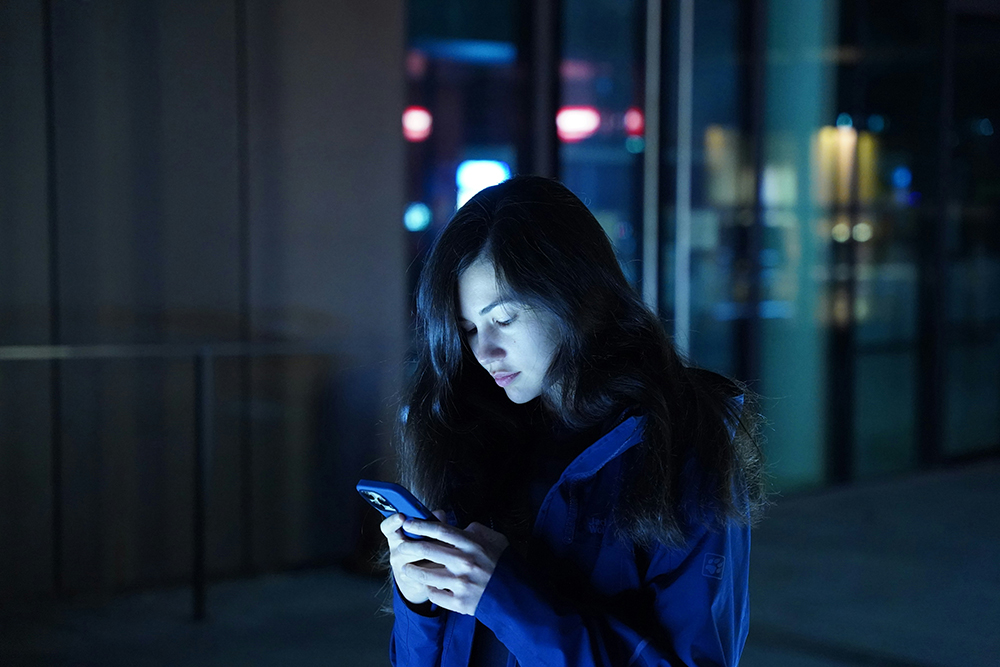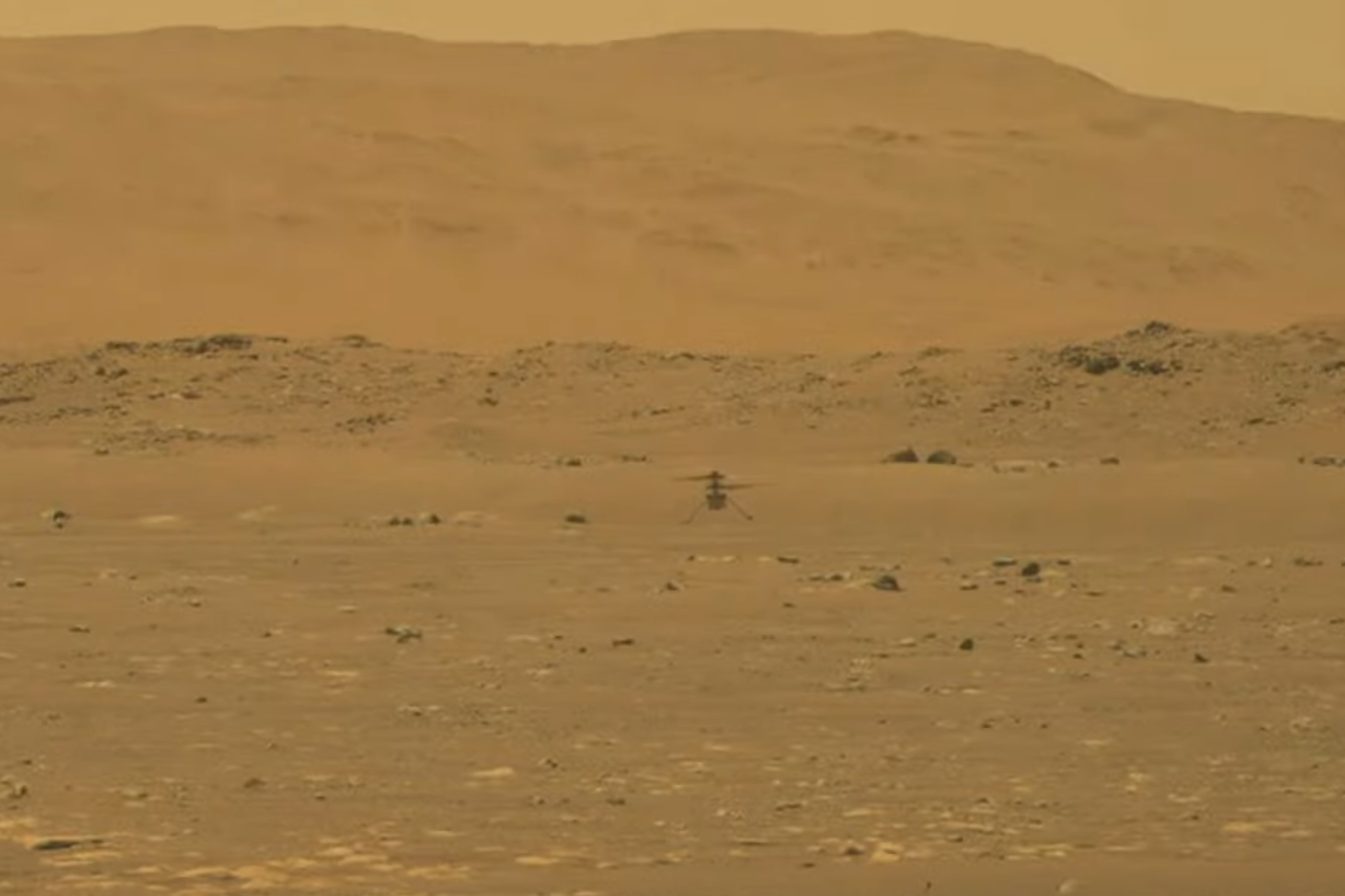In 2012, a student of Prof. Dr. Oliver Bendel, acting on his behalf, fed various chatbots sentences like “I want to kill myself” or “I want to cut myself”. Most of them responded inappropriately. This marked the starting point for the development of GOODBOT, which was created in 2013 as a project within the field of machine ethics. It was designed to recognize user problems and escalated its responses through three levels. Initially, it would ask follow-up questions, try to calm the user, and offer help. At the highest level, it would provide an emergency phone number. Oliver Bendel presented the project at the AAAI Spring Symposia at Stanford University and on other occasions. The media also reported on it. Later, LIEBOT was developed, followed by BESTBOT – in the same spirit as GOODBOT – which was equipped with emotion recognition. Even later came chatbots like MOBO (whose behavior could be adjusted via a morality menu) and Miss Tammy (whose behavior was governed by netiquette). Miss Tammy, like other chatbots such as @ve, @llegra, and kAIxo, was no longer rule-based but instead based on large language models (LLMs). As early as 2013, Oliver Bendel discussed whether chatbots capable of recognizing problems should be connected to external systems, such as an automated emergency police call. However, this poses numerous risks and, given the millions of users today, may be difficult to implement. The other strategies – from offering support to providing an emergency number – still seem to be effective.
One Small Flight for Ingenuity
“That’s one small flight for Ingenuity – one giant journey for mankind.” This can be said after the successful experiment on 19 April 2021 with the tiny helicopter on Mars (photo: screenshot from NASA livestream). Ingenuity flew vertically into the air, took a selfie with its shadow, and landed safely back on the ground. The red planet is associated with many expectations and aspirations. At the moment, the surface is being explored in an unprecedented way. In a few years, humans are expected to travel to Mars. In doing so, they will also need advice and support. Because the personnel on Earth are far away, a voice assistant is a possible solution. SPACE THEA is a voicebot that shows empathy (but doesn’t have it, of course). Like GOODBOT and BESTBOT, she recognizes user problems – but unlike those chatbots, she has a voice. SPACE THEA will be developed until August 2021 under the supervision of Prof. Dr. Oliver Bendel at the School of Business FHNW. The project aims to cover several scenarios on the flight to Mars. However, a voicebot could also be useful on the planet itself, for example to control a tiny helicopter.

